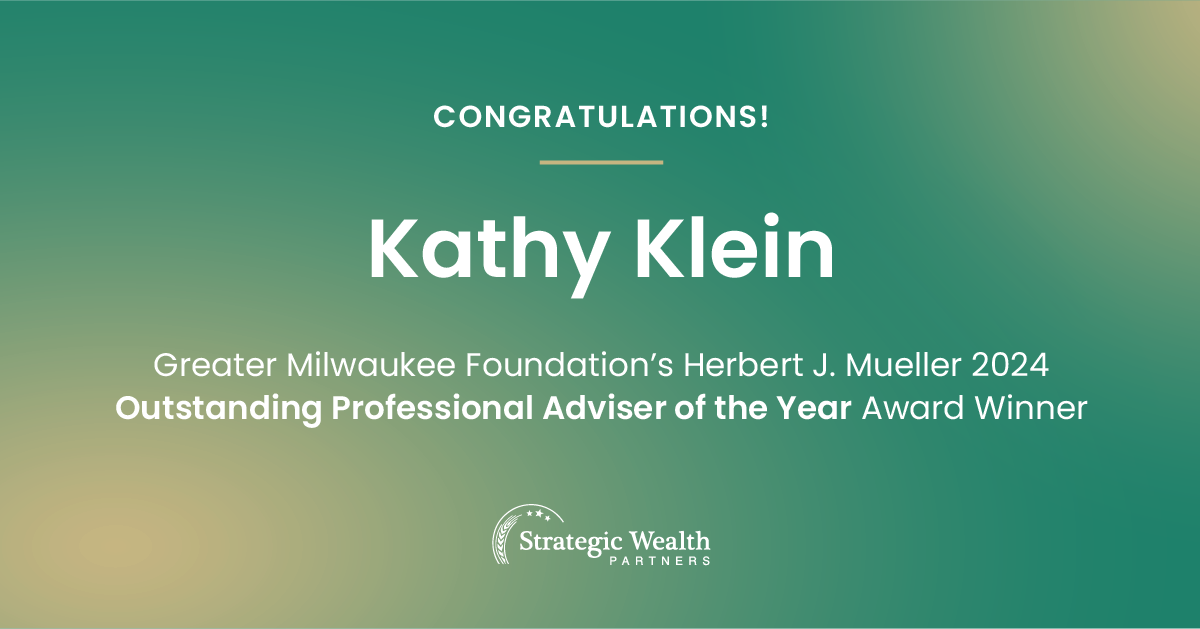
I have always been an avid outdoorsman, spending much of my free time camping and hiking in the mountains. And over the years, I’ve looked for ways to incorporate these interests into my investment portfolio.
When I was younger, I did this by investing in companies related to the outdoor industry. However, today technology has made it possible to take a much more impactful approach through ESG investing.
What is ESG?
Wealth advisors and analysts look for metrics and ratios to compare companies when building an investment portfolio. Historically, measures like debt-to-equity, price-to-book, or free cash flow have all been important in evaluating the strength (or weakness) of a company relative to its peers.
When taking an ESG approach, we are still comparing companies based on these conventional metrics, but we also consider how individual companies score on Environmental, Social, and Governance factors.
- Environmental scores cover how a company acquires and uses resources, and what impact the company has on the natural world.
- Social covers how a company treats its employees and what kind of company culture exists.
- Governance captures a company’s track record on tax and compliance issues, along with the structure of its board.
Technology now allows fund managers to easily “score” and screen companies based on these factors, and that has encouraged more fund managers to incorporate ESG factors into their asset selection process.
Including ESG factors in the investment selection process isn’t right for everyone. However, if you are passionate about environmental, social, or governance issues, scoring companies based on ESG factors can be a good way to have your portfolio reflect the issues that matter to you.
How To Implement ESG?
For someone interested in an ESG approach, there are two key paths to consider: the broad approach and the more targeted approach.
- The Broad Approach
When taking the broad approach, fund managers implement ESG at a high level on a portion of the investment portfolio. In doing so, they don’t separate out the “E,” “S,” or the “G” when evaluating companies — they are trying to find companies that have a high net score across environmental, social, and governance factors.
To do this, they take a funnel approach: all investable companies get added to the top of the funnel and companies with low ESG scores are whittled away, leaving only companies with high marks for consideration. From this group, fund managers then build the portfolio.
- A More Targeted Approach
Not all investors are equally focused on environmental, social, or governance topics. For example, someone might be very focused on governance issues and are less focused on environmental or social topics.
If you have a strong interest in just one of these topic areas, we have solutions and specific funds that can help you achieve your objectives. Like all of our work, the process is customized to your resources and goals.
As it relates to allocation, for clients with interest in ESG, we typically recommend allocating around 10% of their portfolio to this approach as a starting point. This relatively small allocation will allow you to see how ESG works and if the approach makes sense for you.
What About Performance?
One of the most common ESG questions that I hear, understandably, is around performance. Most notably, “How does screening for ESG factors impact investment returns?”
The short answer is: it really depends.
There are a lot of factors that go into performance, but there has been research to suggest that ESG-screening can tilt an investment portfolio toward companies with healthy corporate cultures, limited environmental impacts, and strong internal procedures and policies.
One notable study from NYU looked at 245 research papers on ESG investing from 2016 through 2020. 92% of those papers found either a positive, neutral, or mixed correlation between ESG-screening and investment performance. Just 8% of the papers identified a negative relationship between ESG and performance.[1]
In my view, it makes sense that ESG could help performance: When you screen companies for ESG factors, you are eliminating companies with poor company cultures, bad governance track records, and who are hard on the natural world. All of these issues can represent a business risk, and business risks can inhibit returns over the long-run.
With that said, ESG should not be viewed as a way to drive performance or to out-perform other strategies.
If ESG factors are important to you, it’s a great way to connect your portfolio and the issues that matter to you. If ESG factors aren’t important, ESG investing likely doesn’t need to be part of your portfolio. From an investment management, performance, and volatility perspective, both paths are equally valid.
My Approach
For me, the ESG approach does make sense, and I’ve taken the broad approach that was mentioned earlier in this article. At the time of writing this, I have about 25% of my portfolio in direct ESG funds. These are ETFs that screen companies to find those with high ESG scores. Additionally, I hold several mutual funds from managers who prioritize ESG in their process.
I hope this article provided a look into what ESG is and how I am implementing the framework within my own portfolio. If you have any questions about the ideas shared or want to dive deeper into ESG investing, we invite you to connect with your team at Strategic Wealth Partners.
[1] NYU, Center for Sustainable Business, ESG and Financial Performance (link)
Disclosure:
This article contains general information that is not suitable for everyone. The information contained herein should not be constructed as personalized investment advice. Reading or utilizing this information does not create an advisory relationship. An advisory relationship can be established only after the following two events have been completed (1) our thorough review with you of all the relevant facts pertaining to a potential engagement; and (2) the execution of a Client Advisory Agreement. There is no guarantee that the views and opinions expressed in this article will come to pass. Investing in the stock market involves gains and losses and may not be suitable for all investors. Information presented herein is subject to change without notice and should not be considered as a solicitation to buy or sell any security.
Strategic Wealth Partners (‘SWP’) is an SEC registered investment advisor with its principal place of business in the State of Illinois. The brochure is limited to the dissemination of general information pertaining to its investment advisory services, views on the market, and investment philosophy. Any subsequent, direct communication by SWP with a prospective client shall be conducted by a representative that is either registered or qualifies for an exemption or exclusion from registration in the state where the prospective client resides. For information pertaining to the registration status of SWP, please contact SWP or refer to the Investment Advisor Public Disclosure website (http://www.adviserinfo.sec.gov).
For additional information about SWP, including fees and services, send for our disclosure brochure as set forth on Form ADV from SWP using the contact information herein. Please read the disclosure brochure carefully before you invest or send money (http://www.stratwealth.com/legal).


